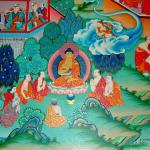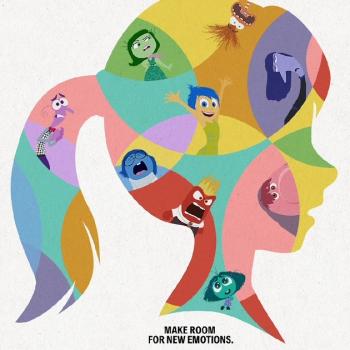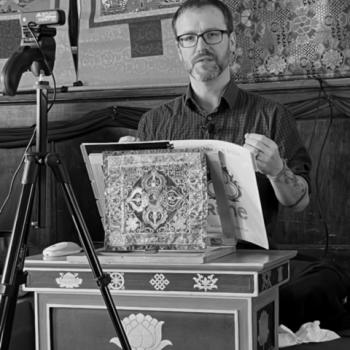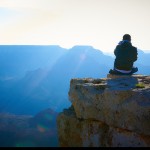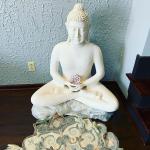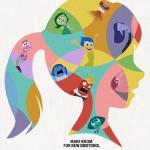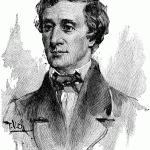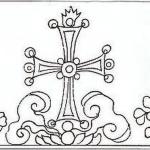I think asking questions is central to Buddhism.
Many other religions are all about giving answers and telling us what to believe. Buddhism involves holding questions and being comfortable with not knowing all the time.
In “Buddhism for Beginners” the nun Thubten Chodron says, “Spiritual practice is more about holding questions than finding answers. Seeking one correct answer often comes from a wish to make life – which is basically fluid – into something rigid and fixed. This often leads to rigidity, closed-mindedness, and intolerance. One the other hand, holding a question – exploring its many facets over time – puts us in touch with the mystery of life. Holding questions enables us to understand things from a range of perspectives.”
I’m getting ready to teach a Basics of Buddhism class for the Rime Buddhist Center and I’m pretty excited for it. One of the things I’m going to tell the students that this is about questions. It’s not about me lecturing, rather it’s about holding questions together and trying to understand.
I’m reminded of the Buddha’s teaching to the Kalamas. This is sometimes called ‘the Kalama Sutta’ and I like to think of it as the Buddha’s teaching on doubt and inquiry.
The Buddha would travel around giving teachings and this time he came and met this group of people called the Kalamas. They had had many spiritual teachers come through and they weren’t really having it anymore. Every new teacher came through and said, “Believe me, I’ve got the real truth.”
So they were overwhelmed by this and they asked the Buddha, “Why should we believe you and not someone else?”
And the Buddha told them that they should doubt him.
He said:
“It is proper for you, Kalamas, to doubt, to be uncertain; uncertainty has arisen in you about what is doubtful. Come, Kalamas. Do not go upon what has been acquired by repeated hearing; nor upon tradition; nor upon rumor; nor upon what is in a scripture; nor upon surmise; nor upon an axiom; nor upon specious reasoning; nor upon a bias towards a notion that has been pondered over; nor upon another’s seeming ability; nor upon the consideration, ‘The monk is our teacher.’ Kalamas, when you yourselves know: ‘These things are bad; these things are blamable; these things are censured by the wise; undertaken and observed, these things lead to harm and ill,’ abandon them.” (source)
It’s a great teaching. The Buddha told them to think for themselves. And he’s telling us the same thing. Because Buddhism isn’t about the Buddha and his journey. It’s about you and your journey. When I first started studying Buddhism I didn’t think of myself as a spiritual person. I had left behind the religion of my upbringing and was a pretty skeptical person. If it wasn’t for the Kalama Sutta and teachings like it, I don’t know if I would have started on my spiritual journey.
I read a text that said holding questions is a good thing and that we don’t have to have all the answers all the time. That was the teaching I needed.
=================================================
If you want to study Buddhism with me and hold all the questions, you can sign up here. It’s in person and online. I’d love to see you there.
Details:
Date: 8 sessions beginning on Wednesday, June 26, 2024
Time: 7:45 – 9:00 pm
Class Fee: $50
Note: In-person class size limited to 12 people.
The main book that will be used for the challenge will be Buddhism for Beginners by Ven. Thubten Chodron. This book takes the most commonly asked questions—beginning with “What is the essence of the Buddha’s teachings?”—and provides simple answers in plain English. Thubten Chodron’s responses to the questions that always seem to arise among people approaching Buddhism make this an exceptionally complete and accessible introduction—as well as a manual for living a more peaceful, mindful, and satisfying Life.
Wednesday Online Discussions beginning June 26th
Participants will meet either in-person or online Wednesdays at 7:45 pm to discuss the week’s topic. There will be ample opportunity for questions and discussion about the practice that will include actions that can be applied to daily life/practice.


